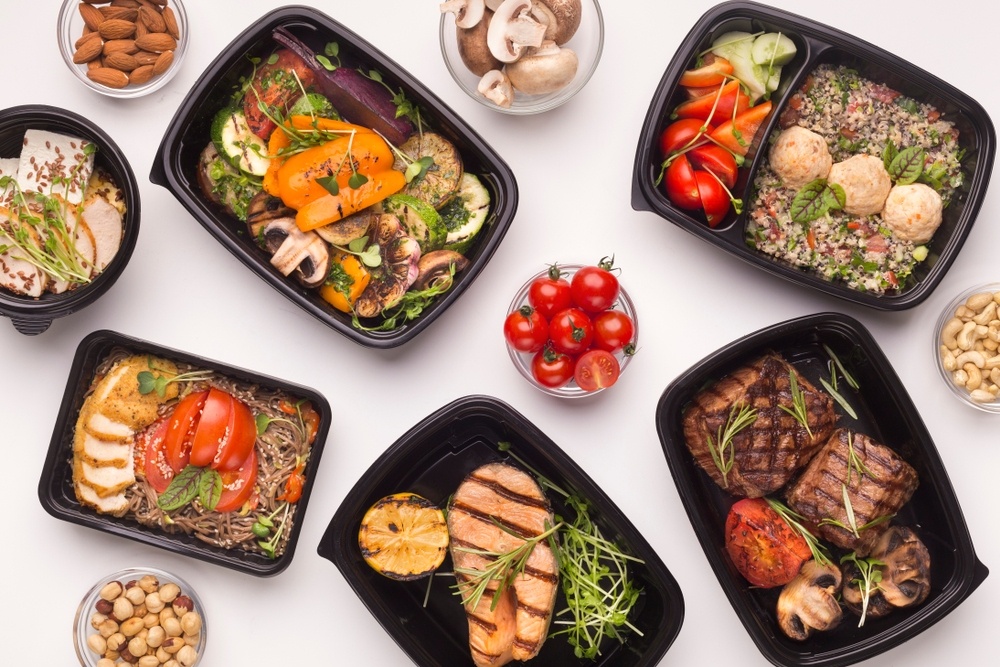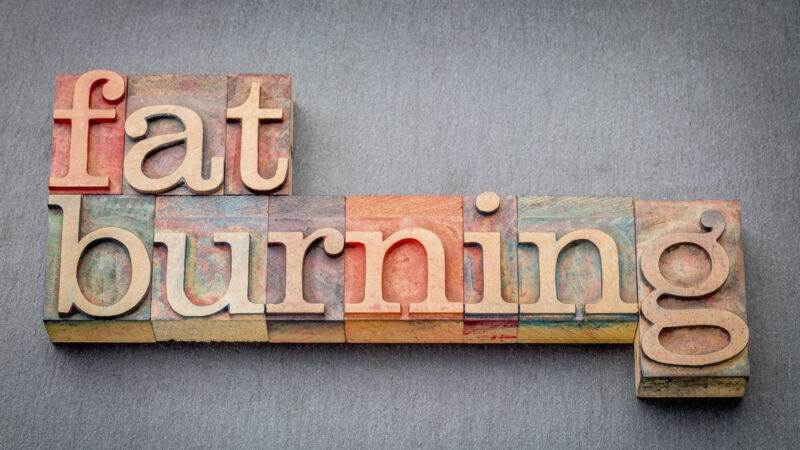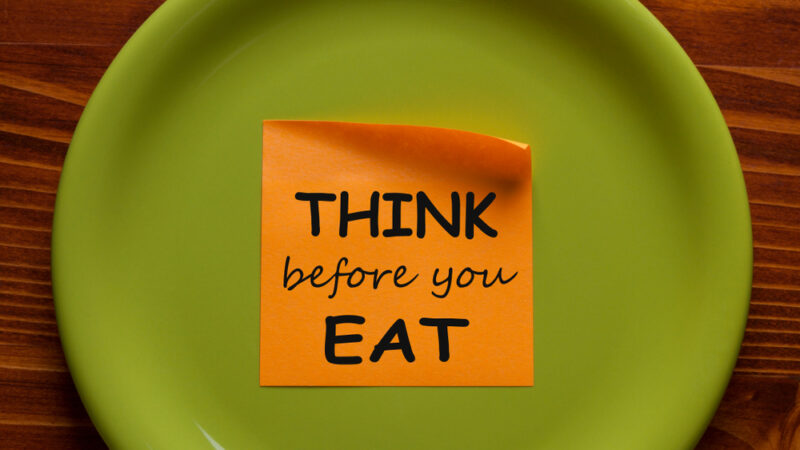Which Is The Best Meal For Actually Weight Loss

Introduction Of Which Is The Best Meal For Actually Weight Loss
Which Is The Best Meal For Actually Weight Loss. Six meals three meals if you’re looking to lose weight should you be eating six meals per day or three meals per day so if you have a wellness goal in mind okay so let’s start with six meals a day now the theory that six meals per day are going to help you achieve a weight loss goal relies on two things first is that it will make you less hungry by eating more often and second is that it will increase your metabolism by constantly eating but both of these just boil down to the idea that you’re going to be eating fewer calories to achieve your weight loss goal so to address the first factor of satiety and feeling less hungry or just feeling satisfied throughout the day by eating six meals per day eating more often ironically does not help you feel full.
Because to eat more often you have to inherently make your meals smaller especially if you’re pairing this with a calorie restriction type of protocol this means less protein less fat that you’d typically have at a normal size meal and protein and fat are both needed for increasing the satiety hormones or triggering those satiety hormones peptide and so by eating more meals you’re inherently eating less protein and fat at that meal which means you’re never fully triggering those satiety hormones and you’re always going to be slightly hungry, and that’s a best-case scenario if not ravenous all the time and contrary to prevalent belief hunger does not correlate to weight loss especially sustained long-term weight loss hunger is our body’s natural response to just not getting enough of what the body needs hunger happens.
When we don’t get those satiating signals from our body from our food by eating enough of those protein and fat components to increase the peptide and to tell our brain that we’re full and we’re satisfied, and we don’t need to be hungry, so hunger is specifically designed by nature to get us to eat more which ultimately drives us to eat more of those faster sources of energy that’s going to cause that bigger spike in blood glucose bigger spike in insulin and shift our body into storing mode those are the foods that are really dense and highly processed types of carbohydrates highly refined sugars this is something ubiquitous that I see with my clients with the cube they mentioned that with a five to six meal per day type of protocol that they would always feel hungry that they would be fixated on food and fixated on.
When they’re going to have their next meal and once they switched over to a satiating two to three meal per day type of protocol they weren’t hungry now interestingly this fixation on food is something that keys had already figured out with the physiological and psychological effects of starvation he found that when he limited the human study participants daily intake to roughly around 600 calories per day on average which mind you is very high for most calorie restrictive type of protocols the participants would start to get fixated on food the way that they never had before the study participants would obsess and fixate over the food they would obsess over when their next mealtime was or they would pour over recipes and cookbooks this is something that’s studied and we’ve seen with starvation.
When people are not getting enough to eat it’s that physiological response of the body trying to get you to eat more food so if one of the main benefits of that six meal day type of structure which again is paired with that calorie-restricted type of protocol is that you’re not going to be hungry that’s just physiologically and anecdotally not true because it is important to realize that with these six meal structure it’s going to be paired with that Cali restricted type of protocol so when we pair low satiating foods with just simply not enough food that’s a disaster waiting to happen so what’s happening with the six meal structure is that you’re pairing these low satiating meals because you inherently can’t eat enough at each meal if you’re eating six meals per day to feel satisfied with a low-calorie approach.
That’s inherently not going to make you feel satisfied anyway and with the second benefit of this six meal per day structure being that it’s going to increase your metabolism we have to go back to that discussion on insulin basic physiology states that when insulin is high lipolysis or fat breakdown is turned off when insulin is lower lipolysis or fat breakdown is allowed to be triggered again every time you eat insulin is released once you stop eating insulin starts to naturally dip back down so if you’re eating five six seven meals a day then that means insulin is perpetually going to be secreted without ever really being able to dip back down and without ever really letting fat metabolism to be turned on so this turns off that key mechanism of actually being able to tap into fat burning mechanisms when you’re eating that six meals per day and hinders fat breakdown.
The whole concept or theory around six meals per day just relies on that calorie-restricted state that semi-starvation state which as we’ve noted with the Ansel key starvation study being in a semi-starvation state and being in a calorie restrictive state does cause weight loss in the beginning along with a decreased metabolism and a fixation on food but your body’s natural response to the semi-starvation state is to adapt so that it can make sure that you can still function in response to this low energy intake your body is going to adapt to decrease the energy that’s needed by your body it’s going to decrease your metabolism as a result not increase it this causes someone.
Who is following a calorie-restrictive type of diet protocol to then further have to decrease your calorie intake to see the same results and to break through a plateau and you can only continue this cycle for so long of your body continuing to decrease your metabolism and you having to eat less and less and less to beat that and just like many people have experienced in the past using this method eventually your body will give in and give in to the need to eat again because that is what your body is designed to do and it’s easy to chalk this up to a lack of discipline that’s what I hear again and again and again while they just didn’t stick with it long enough and they didn’t have the discipline to stick with the diet.
But ultimately eating again and eating enough for your body’s needs is the body’s natural physiological response you’re just fighting your physiology by trying to constantly fight against this hunger I mean this is something that’s called homeostasis at work this just means that the body’s always trying to achieve this internal balance now let’s take a look at three meal per day and this could just mean one to three meals per day historically this is more in line with how we’ve always eaten or at least much closer to it and depending on where you’re looking at in history this can range anywhere between one to three meals per day food historians have stated that the Romans were obsessed with digestion and so they would only have one big meal per day they found that this was the healthiest option for them and their gi tracts which of course is very far away from that five to six meals per day.
If You Like My Which Is The Best Meal For Actually Weight Loss Article Click Here To Read More Thank You






